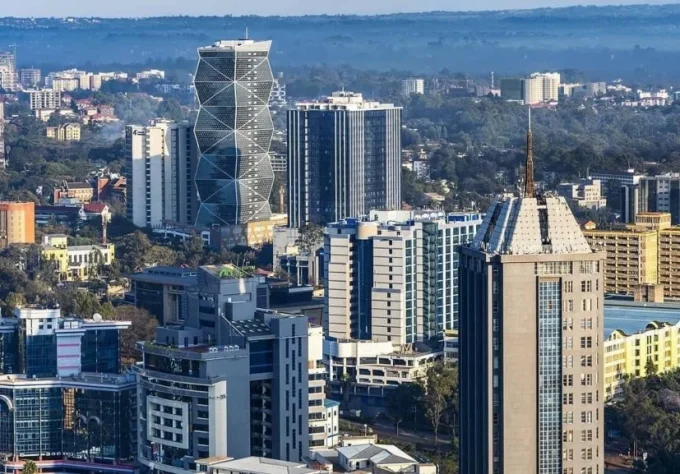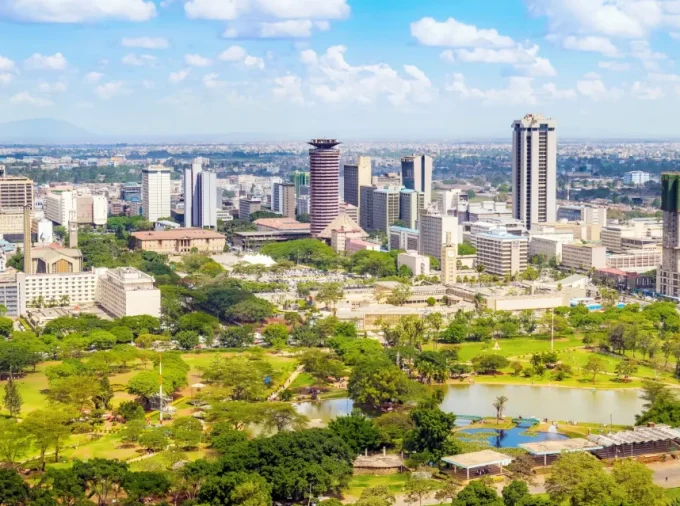Our lives in riches or poverty are defined by natural phases that occur in cycles of six to eight years. The famous joke, “the rich also cry” is just another way of saying that money and inner peace are strange bed fellows.
Access to a lot of wealth does not seem to explain the lack of inner peace going by overwhelming growing heap of divorce cases, discordant lives and many other social ills that bedevil society. Money is no doubt a very common source of disagreement in families and even between friends. Yet there are many economically poor people whose lives are marked by adorable harmony.
There seems to be a common belief among the economically disadvantaged that the rich should have it all including peace and harmony, and that they should have no social stresses that otherwise define their lives, as quite the contrary to the reality.
I have, for example, met very satisfied village based primary school teachers who budgeted their way to harmony without owning anything that would fit the definition of wealth at the onset of their careers.
ALSO SEE: WRITE A WILL ON HOW YOUR WEALTH IS SHARED WHEN YOU DIE
For over the last forty years plus, I have been searching the answers to this mystery and I sure have found none. I am increasingly persuaded by the wisdom of frugal behaviours for financial wellbeing as a source of true harmony. Initially advocated by Thomas Stanley and William Danko, authors of “The Millionaire Next Door,” frugal spending and meticulous financial plans, is a critical aptitude for achieving inner piece.
The duo concur that living a life that affords you dominance over money seem to create inner peace to the individual and give them control over every most aspects of their lives.
A budget is an itemized forecast of income and expenses expected in the near future, that covers a defined time period in the future. It projects a new set of financial inflows, out flows and associated behaviors through the budget policy. It does not just describe the way incomes flow in, but also how they will be allocated as outflow to cover specific behaviors, which give the bearer a feeling of control.
A good budget, therefore, will help you reach your financial goal in the shortest time possible, by helping you to control your money and direct it to your priorities first. It thus creates a framework for relating with others and your wider environment, which is essential for delivering harmony in your life.
Living your life through a budget assists you to know whether you are living within your means and make you better prepared for emergencies. Particularly important is the ability it affords you to direct your money to your goals and be able to discern deliberate and consistent actions free from your emotions and emotions of others.
A budget is a written plan that only works if you make it and keep it relevant to your needs and if you stick to it. The wealthy have learnt this reality over time through daily practice, which they pass to the unknowing children by modelling. They make their budgets in full knowledge of their present and anticipated situation, which include the impact of the needs of others on their resources.
To build a character that enshrines harmony, one must be willing to make and sustain changes in the financial expectations and behaviors to experience its benefits. When you desire to create your own reality of wealth and harmony, use a plan to shape it and draw a budget to realise it.
NEXT READ: BAD FINANCIAL HABITS THAT YOU MUST DROP NOW
Patrick Wameyo, has practised commercial and investment banking for over 19 years in Kenyas Financial System. He is currently practising as a Financial Literacy Educator and coach, and Small Business Consulting on finance and business strategy. He holds a double speciality MBA in Finance and Strategic Management from University of Nairobi. Email [email protected] for a personalised personal finance management coaching plan.
















































![Pula Co-Founders and Co-CEOs, Rose Goslinga & Thomas Njeru. Pula provides agricultural insurance and digital products to help smallholder farmers manage climate risks, improve farming practices and increase their incomes. [ Photo / Courtesy ]](https://businesstoday.co.ke/wp-content/uploads/2021/01/Pula-Co-Founders-and-Co-CEOs-Thomas-Njeru-Rose-Goslinga.jpg)




























































Leave a comment